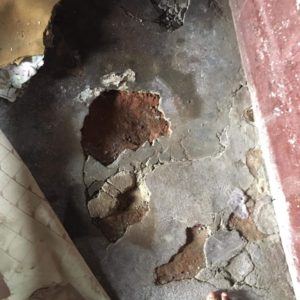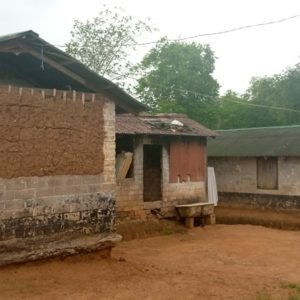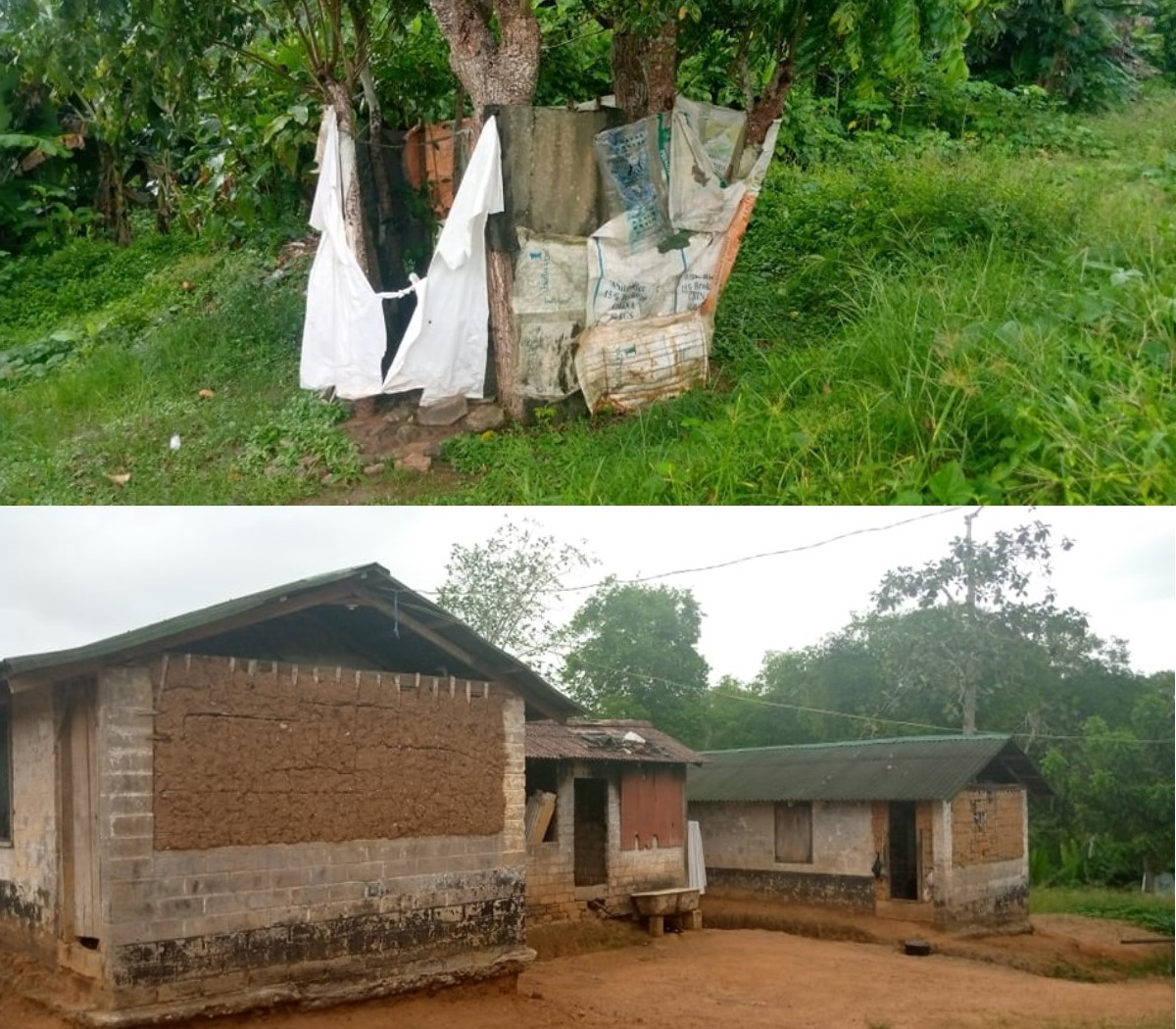PHOTO: CRC workers’ restroom” (Above), one of their houses (Below)
By Garmah Never Lomo , garmahlomo@gmail.com
MARYLAND COUNTY, Liberia- On a recent visit to the southeastern Maryland County during one of her walk about, this www.newspublictrust.com Reporter stumbled upon a workers housing compound that took her by complete surprise.
The history of the activities of concession companies in Liberia is replete with failed promises to communities affected by their operations and those they employ to serve with them.
If the problem is not about land grab and environmental pollution, it will either be low wages or unfavorable living and working conditions in an area where Liberia’s House of Representatives Speaker, Bohfal Chambers represents in the Liberian Legislature.
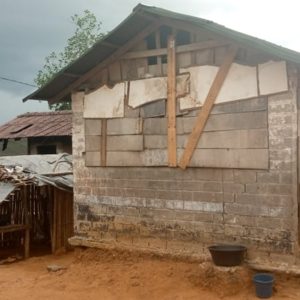

A case in point is the Cavalla Rubber Corporation (CRC) in Pleebo, owned and operated by the country’s oldest concession Firestone, which at some point of its existence in Liberia had the largest known Rubber Plantation in Liberia.
Though CRC’s business has spanned more than 70 years and has reaped over millions and millions of dollars in profit, those gains are a complete disparity, compared to the living conditions of those being used as the foot soldiers to amass such huge profits.
Besides the qualms about bad labor practices and low wages, the disgraceful, squalid living conditions of employees (especially those below managerial level) and their dependents, constantly remind them that their welfare is the least thing on the mind of their employers.
Management has nothing to say
But contacting the Public Relations officer of CRC just to get a feel of what the management make of the conditions seen with our own eyes has been extremely difficult. Calls could not do the trick.
When we finally got PRO Martin Nyenka to talk via mobile phone, his only response was that he is not in the position to may any statement.
But without any conclusion of the conversation, the CRC’s PRO immediately aborted the call.
Practically, the housing units given them are below habitable, in clear breach of Section 10.5 of its concession agreement on employees housing, as signed with the Government of Liberia. That segment of the agreement, among others, calls for the provision of adequate, suitable housing units for employees.

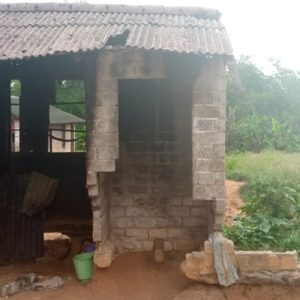
The housing units built entirely of mud and zinc, from their look, are remniscent of the caves inhabited during the 1940s and 1950 times.
This www.newspublictrust.com Reporter who visited the area saw housing units that are gradually turning into death traps, with the roofs caving in. Besides being built with substandard materials, they have not been reconditioned for years.
The mud foundations have almost completely washed away, with some on the verge of collapsing any time.
Without ceiling, bathrooms and kitchens, inhabitants make up with reed constructions outside, which become uncomfortable to use especially under heavy rains.
One of the wives of a CRC employee explained how the flats have not been reconditioned for years, with the doors completely eaten up by termites. With deep holes all in the floor, they must stuff them with clothes before putting floor mats over them.
Practically, she says they are sleeping and bathing outside, and their management appears less concern.
Safe drinking water is also hard to come by, with only a single hand pump for the entire area. There is often a rush to fetch out of the only pump.
Under the Universal Declaration of Human Rights (UDHR), every human being including workers have the rights to decent shelter.
“The right to adequate housing is a human right recognized in international human rights law as part of the right to an adequate standard of living. One of the first references to it is in article 25 (1) of the Universal Declaration of Human Rights.”
